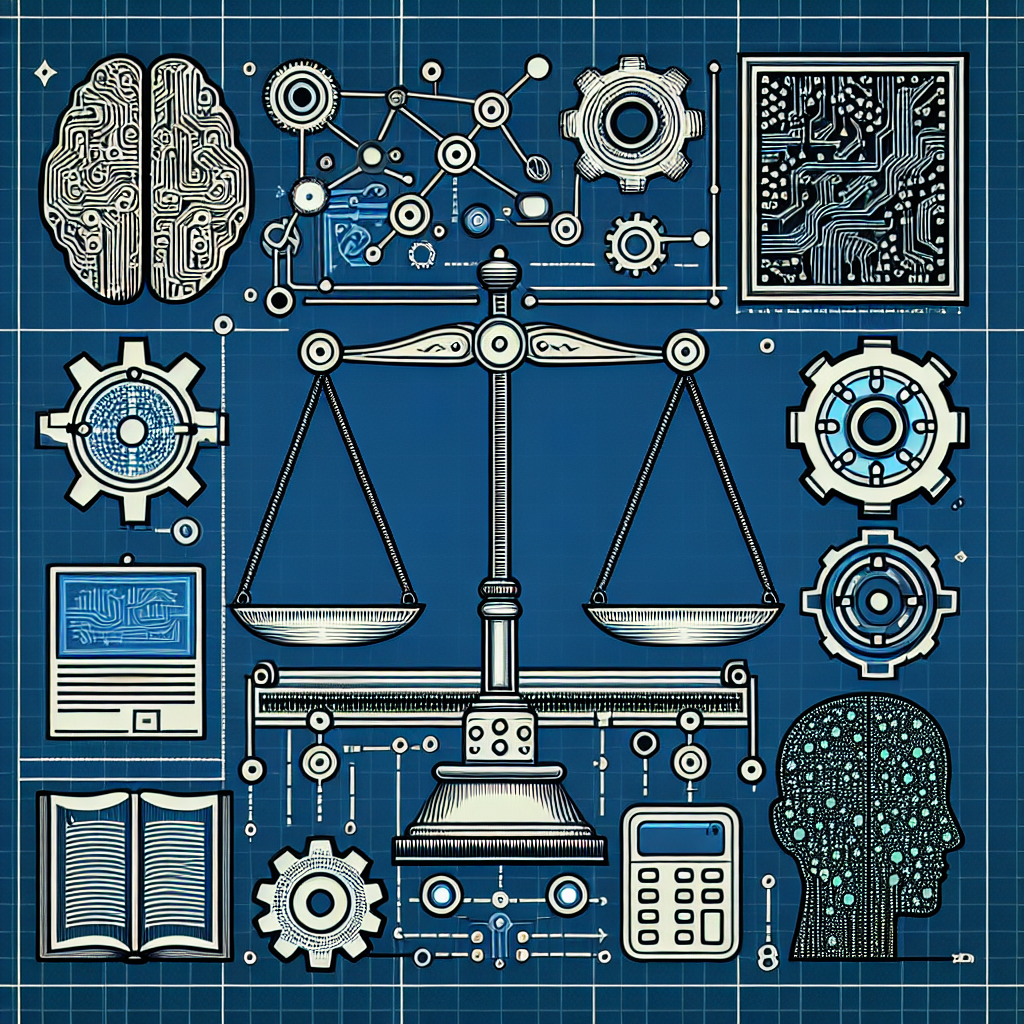In today’s fast-paced business environment, many companies are turning to IT outsourcing as a way to streamline operations, reduce costs, and access specialized expertise. However, choosing the right IT outsourcing partner is crucial to the success of any outsourcing initiative. Here are some key considerations for businesses to keep in mind when selecting an IT outsourcing partner.
1. Define your needs and objectives: Before you start looking for an IT outsourcing partner, it’s important to clearly define your needs and objectives. Are you looking for help with a specific project, or do you need ongoing support for your IT infrastructure? What specific skills and expertise do you require? Understanding your goals and requirements will help you narrow down your options and find a partner that is the right fit for your business.
2. Evaluate the partner’s expertise and experience: When choosing an IT outsourcing partner, it’s important to look for a company that has the expertise and experience to meet your needs. Look for a partner that has a proven track record of delivering high-quality IT services, and ask for references from past clients. It’s also important to consider the partner’s industry experience and their knowledge of your specific business sector.
3. Consider the partner’s capabilities and resources: In addition to expertise and experience, it’s important to consider the partner’s capabilities and resources. Make sure that the partner has the necessary infrastructure, technology, and resources to support your IT outsourcing needs. This includes factors such as data security measures, disaster recovery plans, and scalability to accommodate future growth.
4. Evaluate the partner’s communication and collaboration skills: Effective communication and collaboration are essential for a successful outsourcing partnership. Look for a partner that is responsive, transparent, and proactive in their communication. Make sure that the partner is able to work seamlessly with your internal team and align with your business goals and priorities.
5. Consider the partner’s location and cultural fit: The location of your IT outsourcing partner can have an impact on communication, collaboration, and overall project success. Consider factors such as time zones, language barriers, and cultural differences when selecting a partner. It’s important to choose a partner that is easy to work with and aligns with your company’s values and culture.
6. Evaluate the partner’s pricing and contract terms: Cost is always a consideration when choosing an IT outsourcing partner, but it’s important to look beyond just the price tag. Consider factors such as the partner’s pricing structure, payment terms, and contract terms. Make sure that the pricing is transparent and competitive, and that the contract terms are fair and flexible.
Choosing the right IT outsourcing partner is a critical decision for businesses, and it requires careful consideration of a variety of factors. By defining your needs and objectives, evaluating the partner’s expertise and resources, considering communication and cultural fit, and reviewing pricing and contract terms, you can find a partner that is the right fit for your business and can help you achieve your IT outsourcing goals.









